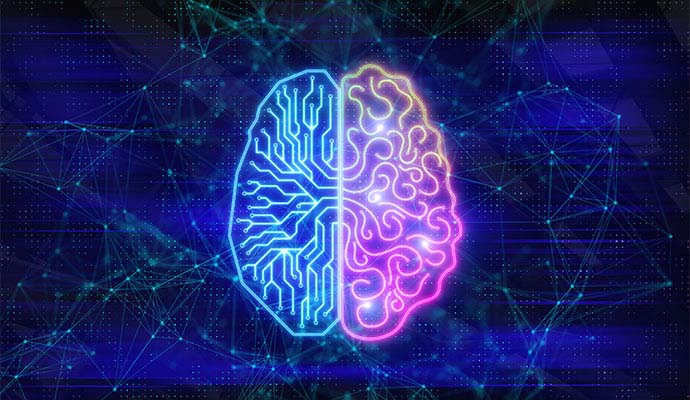AI, or Artificial Intelligence, is one of the most revolutionary technological advancements of our time. The full form of AI is not just a buzzword, but it has the potential to change the way we live, work, and interact with the world around us. However, the true meaning of AI and what it entails is often misunderstood by many. In this article, we will delve into the full form of AI and explore the various aspects of this cutting-edge technology.
The full form of AI is Artificial Intelligence.
AI is a branch of computer science that focuses on the development of algorithms and computer programs that can perform tasks that typically require human intelligence. These tasks include recognizing speech, making decisions, translating languages, and identifying patterns in data. AI technology has advanced rapidly in recent years, with advancements in machine learning and deep learning allowing computers to perform tasks that were once thought to be beyond their capabilities.
The full form of AI encompasses a range of technologies, including Natural Language Processing (NLP), Computer Vision, Robotics, and more. These technologies work together to help computers understand, interpret, and respond to the world around them. NLP, for example, allows computers to understand and respond to human language, making it possible for them to interact with users in a more natural way. Computer Vision, on the other hand, enables computers to interpret visual information and make decisions based on that information.
The full form of AI is Artificial Intelligence.
One of the most promising applications of AI is in the field of medicine. With the help of AI, healthcare professionals can make more accurate diagnoses and develop personalized treatment plans for patients. AI algorithms can analyze vast amounts of medical data to identify patterns and make predictions about a patient’s health. This technology has the potential to revolutionize the way healthcare is delivered, making it more efficient, accessible, and personalized.
Another exciting application of AI is in the field of transportation. With the help of AI, self-driving cars and drones are becoming a reality. These technologies have the potential to transform the way we travel and deliver goods, making our lives easier and more convenient. AI algorithms can process vast amounts of data from sensors and cameras to make real-time decisions about the best path to take and how to respond to changing road conditions.
The full form of AI is Artificial Intelligence.
The full form of AI also has the potential to impact the way we work and interact with the world around us. AI algorithms can automate many of the routine and repetitive tasks that we currently perform, freeing up time for us to focus on more creative and valuable tasks. For businesses, AI has the potential to improve productivity, reduce costs, and increase efficiency.
One of the biggest challenges with AI is ensuring that it is developed and used ethically. As AI algorithms make decisions based on vast amounts of data, it’s crucial to ensure that they are free from bias and discrimination. Additionally, AI algorithms have the potential to displace workers, so it’s important to consider the social and economic impacts of this technology.
In conclusion, the full form of AI encompasses a range of technologies that are changing the way we live, work, and interact with the world around us. From healthcare to transportation and beyond, AI has the potential to improve our lives in many ways. However, it’s important to approach AI with caution and ensure that it is developed and used ethically. The future of AI is exciting, and it will be fascinating to see how this technology continues to evolve and impact our lives in the coming years.

